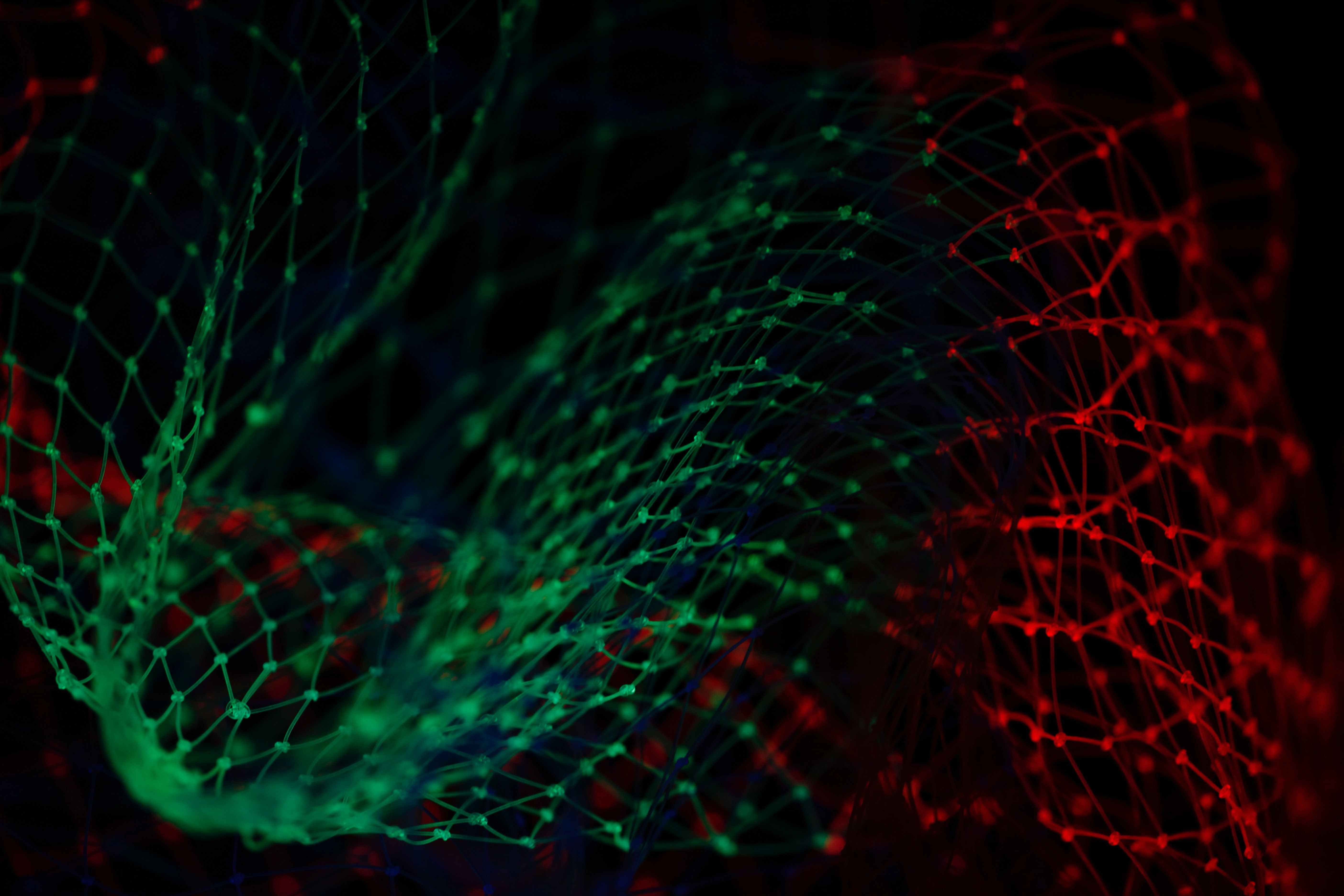The ‘perfect match’ created by new super-controlled reaction
People say there is such a thing as love at first sight, but when it comes to chemical reactions, things definitely have a tendency to become a bit more complicated. Normally, reactant molecules are mixed together in bulk, and even when we control reaction conditions to the best of our ability, we can only sit and hope that the perfect combination of atoms will be created.
But now, scientists have become atomic match-makers, managing to construct a single molecule by bringing together two atoms – one of sodium and another of caesium. The atoms were isolated on individual optical tweezers, a technology able to capture atoms in a laser beam, and then super-cooled to less than one ten-thousandths of a degree above absolute zero. The tweezers were moved closer and closer together until the laser beams overlapped, allowing the two atoms to be near enough to one another to interact.
Scientists have become atomic match-makers, managing to construct a single molecule by bringing together two atoms – one of sodium and another of caesium
However, it wasn’t enough to simply bring the atoms close together – they needed a spark to kick-start their relationship. This came in the form of a third laser beam, that provided enough energy for the atoms to bond. And this super-controlled chemical reaction isn’t just science for science’s sake, although I think we can all admit it is pretty cool. In fact, being able to manipulate single atoms into bonding selectively has a whole host of interesting applications.
Such reactions will not only allow scientists to greater their understanding of atomic collisions but could also have incredible consequences for the future of quantum computing. The idea is that optical tweezers could be used to create ‘designer molecules’ of increasing complexity and with specific quantum properties. Such molecules could be used to store qubits of data in quantum computers.
This super-controlled chemical reaction isn’t just science for science’s sake, although I think we can all admit it is pretty cool
A qubit is a unit of quantum information and is a two-state quantum-mechanical system that can be in a superposition of both of its states simultaneously. The benefits of quantum computing are vast and making it a reality is definitely an up and coming area of modern science. To put it into perspective, at 100 qubits, a single quantum processor could be more powerful than all the supercomputers currently on the planet combined. Of course, this is all theoretical at this point, but if this new reaction could contribute to this future, I’d say that it’s ground-breaking indeed.

Comments